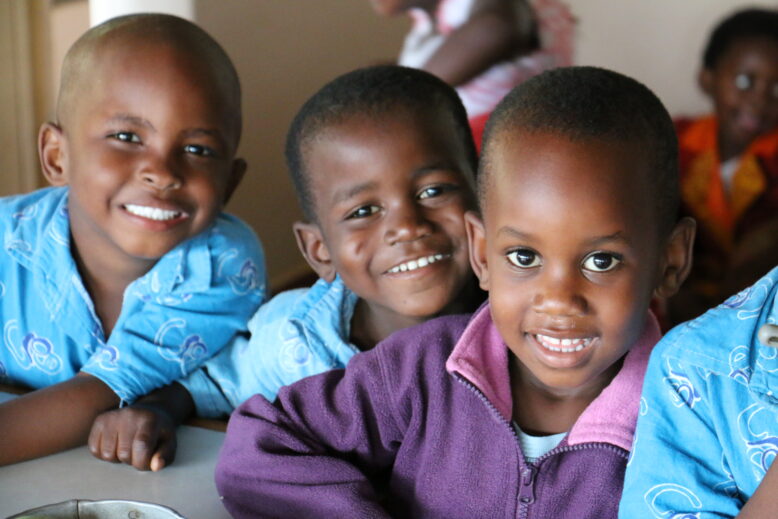
A Question! Have you ever considered what it is that powers children?
I’m sure you’ve heard the phrase, ‘you can’t fight on an empty stomach’? Which simply implies that without the proper energy it simply isn’t possible to accomplish anything important.
Of course for any child receiving an education is important. From Seibo’s perspective, however, so to is the need for a child to be given the vital source of energy needed to attend school and to work in the future. If you, the reader, had to attend school or go to work without having had breakfast, you can imagine it would be that much harder to concentrate on your lessons, or get your work done. That is why, Seibo in Japan, in partnership with Seibo in Malawi, provide school meals to school children. Put simply we wish for our donations to be used to power children.
The above reflections on the work of Seibo were written by Aimi Aoshima, 1st year student at Shizuoka Salesio High School, when reflecting on the issue of poverty in Malawi through the prism of SDGs. Regular readers of Seibo’s news articles will already be familiar with Aimi’s written work as she has previously contributed an article reviewing ‘The Boy Who Harnessed the Wind’, which can be viewed here. Allow us to explain why Aimi has taken an interest in a small, not so well-known African country. In other words, allow us to explain what it is that ‘powers’ her interest in Malawi.
Aimi Aoshima’s Article
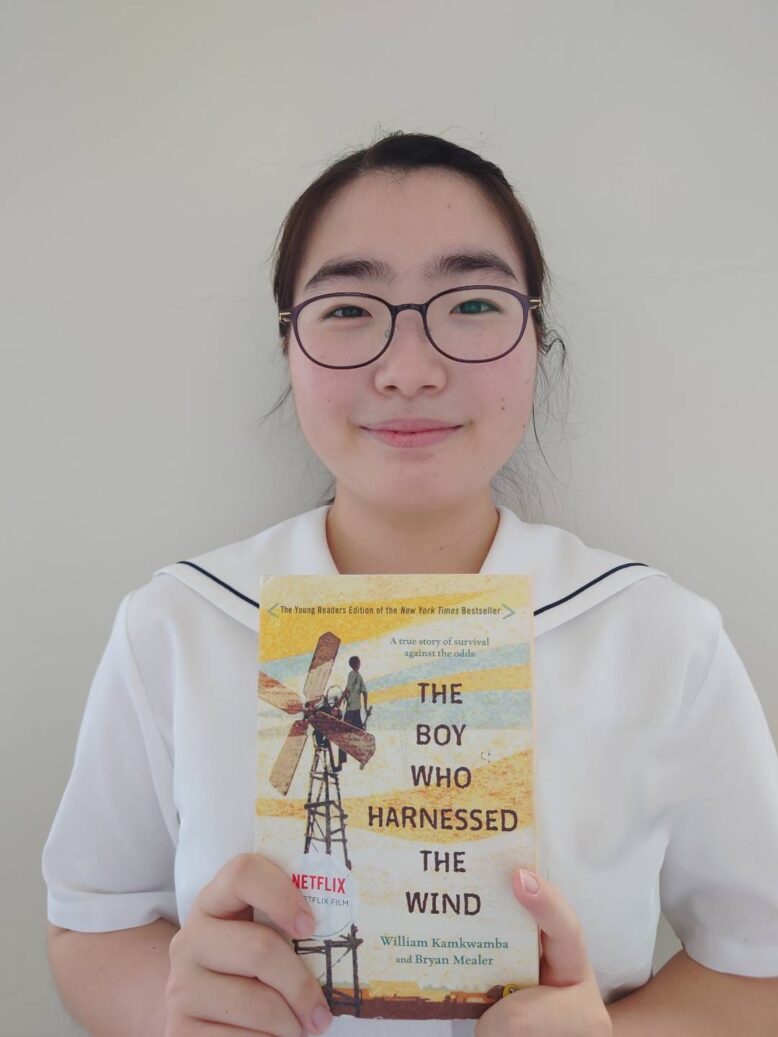
Hi everyone! My name is Aimi Aoshima, 1st year student at Shizuoka Salesio High School. I first became interested in poverty outside of Japan when I read the book, ‘The Boy Who Harnessed the Wind’. The book’s main character, William, is unable to go to school so instead goes to the library to study. Although I can attend school, I don’t think I actually like to study. In fact, I think most Japanese students feel the same way. Reflecting on this made me realize that if my living and study environment was different, my thoughts regarding study might be different. My environment wasn’t, therefore, something I should just take for granted.
This line of thinking led to my involvement with a Japanese NPO, Seibo, whose mission is to support children in Malawi through the provision of school meals. It also gave me the ‘power’ to write this article due to my desire to learn more about Malawi for myself but also to share the issues of poverty facing Malawi. As part of my own learning process I had an opportunity to interview Declan Somers, an Irish national, who also works for Seibo, about the current situation in Malawi. Based on that interview, I would like to explore how Seibo’s activities are linked to SDG goals.
About School Feeding
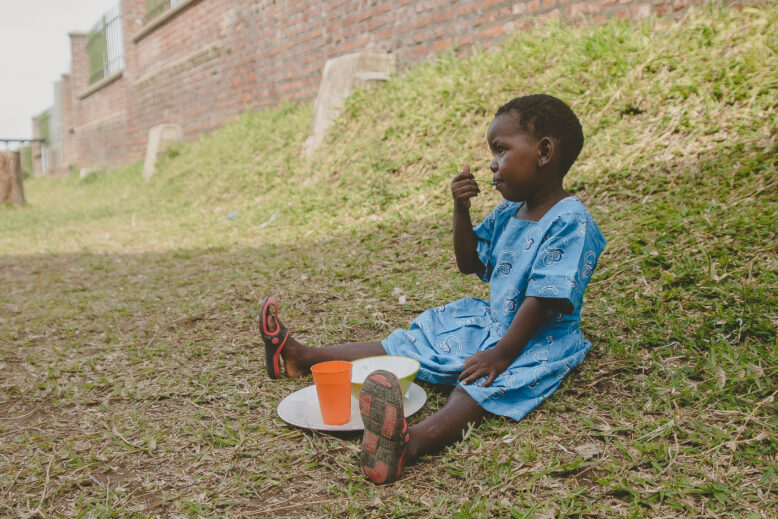
My first question was why! Why were Seibo involved in supporting Malawian children with school meals? Malawi’s population contains a lot of children. Among the many children are some who are simply not attending school. As a result the entire future development of Malawi as a nation is potentially at risk. By providing a school meal you are not only offering a meal at school, you are inviting children to full participation in their own education. A school meal has the potential to solve the problem of immediate hunger and need of the child who receives the meal but long-term also contributes to Malawi’s future potential as a nation.
My next question was what! What exactly is a school meal in Malawi?
Seibo Japan make the claim that they can provide a school meal in Malawi for the cost of 15 yen. The reason that is possible is because all ingredients are sourced locally in Malawi. The meal itself is known locally as ‘Phala’ or ‘Likuni Phala’ and is a type of porridge made primarily from maize flour cooked slowly in hot water. In addition, further nutrients such as soya flour and sugar are added to improve the nutrient contents of the meal as per WFP recommendations. This meal is fully sourced in Malawi, delivered to schools, and served by a network of volunteers in Malawi.
Some partner schools with land also grow vegetables and other crops to complement the school meal provided by Seibo. School sizes vary but many of Seibo’s partner primary schools have thousands of students in attendance. As such it isn’t sustainable to rely on a school garden’s produce at harvest time to provide everyone with a meal every day. That, along with nutrient guidelines as suggested by WFP, is why Seibo provide a school meal in the form of phala.
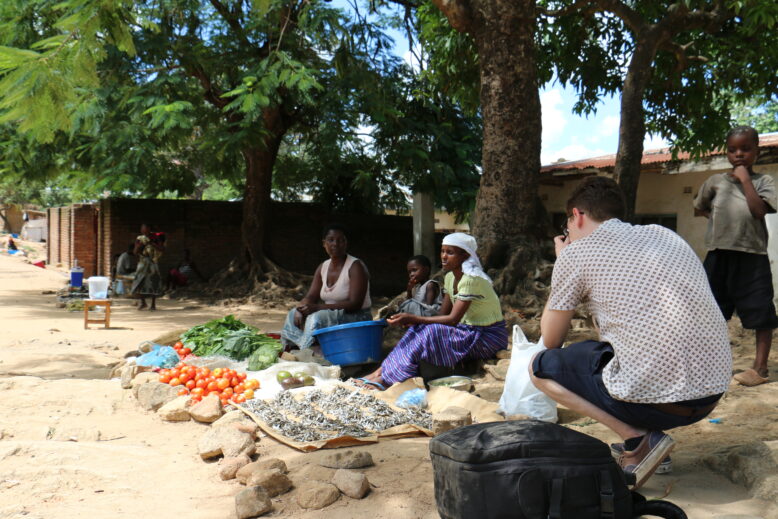
Why Malawi?
I have never been to Malawi. In fact I just recently learned of school feeding in Malawi. However I did feel the need to know ask Declan more about why Seibo is involved with Malawi. He told me how kind & warm Malawian people and how peaceful Malawi is as a nation. You almost get the impression that Malawi is an ideal place to live. However, life for the average Malawian is far from idyllic and many people suffer from real poverty, a lack of food or an imbalanced diet. It is part of Seibo’s mission to ensure that Malawian people can enjoy a life in their own country without having to struggle.
About SDGs
Seibo’s activities relate most to SDG1- No Poverty, SDG2- Zero Hunger & SDG4 (Quality Education), of the 17 SDG goals. The provision of a school meal directly reduces hunger and a school meal in of itself can be a reason for attending school. School meals solve immediate problems for which assistance now is needed while also set the conditions to help people permanently defeat these problems too. In Malawi’s case many children who do not attend school instead work in the fields or on the family farm exacerbating inter-generational poverty. Good education is the cornerstone of a nation’s development and key to eliminating poverty.
In Conclusion
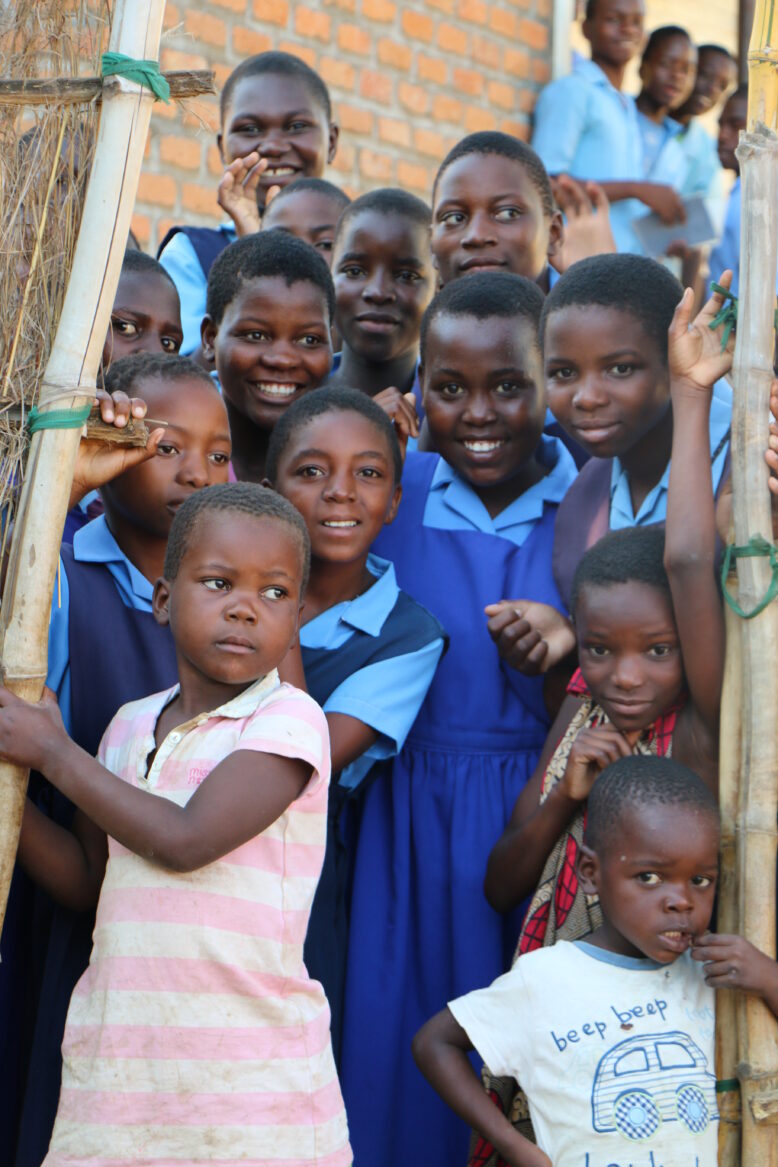
I learned that school meals play an important role in a child’s education. Until now, I had understood school meals as short-term fix to issues of hunger. I had not imagined how the provision of a school meal today can solve problems far beyond the immediate, pressing issues and may be the way to reduce dependency on similar food aid in the future.
Seibo’s activities in Malawi are a quick fix solution to today’s problems while simultaneously being an investment in the future of Malawi. Of course these activities are reliant upon donations from Japan that include coffee donations and various volunteer-led activities. It would be my greatest pleasure if this article made you interested in knowing more about the work Seibo is involved in.
My fellow students at Shizuoka Salesio are also learning more about the SDG goals, about which there is a high level of interest starting from Junior High School classes. Working with Seibo can help schools and corporations deepen their understanding of both Malawi and SDGs.
A Note from Seibo Japan
For a case study of how Seibo work with Japanese corporations click here. Seibo remain open to working with as many schools & corporations as we can. All we ask is that if you are interested in learning more to please make contact!


